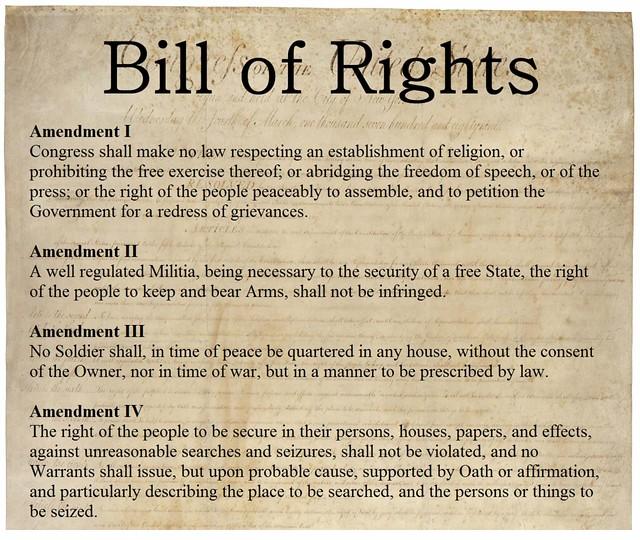Wroclaw/Poland 08/29/2023
Entire blog as a free PDF eBook.
For three years we have been witnessing what some consider a strange phenomenon of unanimity, propagated through television, radio, the internet and the press, referred to here as mainstream. I wrote “some” because I’m not entirely unfamiliar with it. I have lived in the conditions of the People’s Republic of Poland for almost 30 years and every day I witnessed examples of propaganda about “fraternal friendship with the Soviet Union”, modified by all grammatical cases on TV and all publications censored by the preventive censorship board.

Despite the ubiquitous censorship, it was not possible to create a unanimous society in Poland and other discouraged countries uncritically supporting the “only right” path alongside Big Red Brother. The best evidence of this was that in 1980 ten million, or a quarter of all Poles, joined the new unions. It was certainly not a sudden love for an organization representing the interests of the working class. It was love for the then only such a large organization that opposed the externally imposed regime in Poland.
Certainly the United States was also involved in this process, for which the phenomenon of solidarity was a way of weakening the adversary. However, the reason for the Poles’ protest was not the United States, but the way the Poles were treated by the authorities, most of whom did not accept this situation. The reason was the lack of acceptance of people who hold an opinion that differs from the official one and the repression that this entails. And here we have a common denominator between modern “democracy” and the totalitarian systems of the Eastern bloc.
This is the historical background of the dissenting opinion. In this article, I want to address the way we all treat people who have different views than we do. Who among us doesn’t get annoyed when someone says something that totally contradicts how we see the world? Most of the time, this fear stems from a fear of having to change one’s beliefs, and it’s not an easy process. But are we really right about everything? do we have to have it.

When I meet someone who shares views that I disagree with, my first reaction is also: How can you even think like that? We can only get an answer to this question if we ask this person. Certainly we will not create a climate for a free exchange of arguments with insults and swear words. This is the style of “discussion” promoted by the media. We know this, but we don’t pay attention when using this style ourselves. How to counter restrictions on freedom of expression and prevent others from expressing their opinions?
The purpose of a good discussion is not to convince the opponent to give our opinion immediately. It’s not impossible, but not very realistic. The aim of the discussion is the mutual enrichment of one’s own experiences by reflecting on the arguments of the other side. As long as there are such arguments.


If you like what I write here, it would help a lot to further spread these articles if you share them with your friends on social media.
Author of the article: Marek Wojcik
